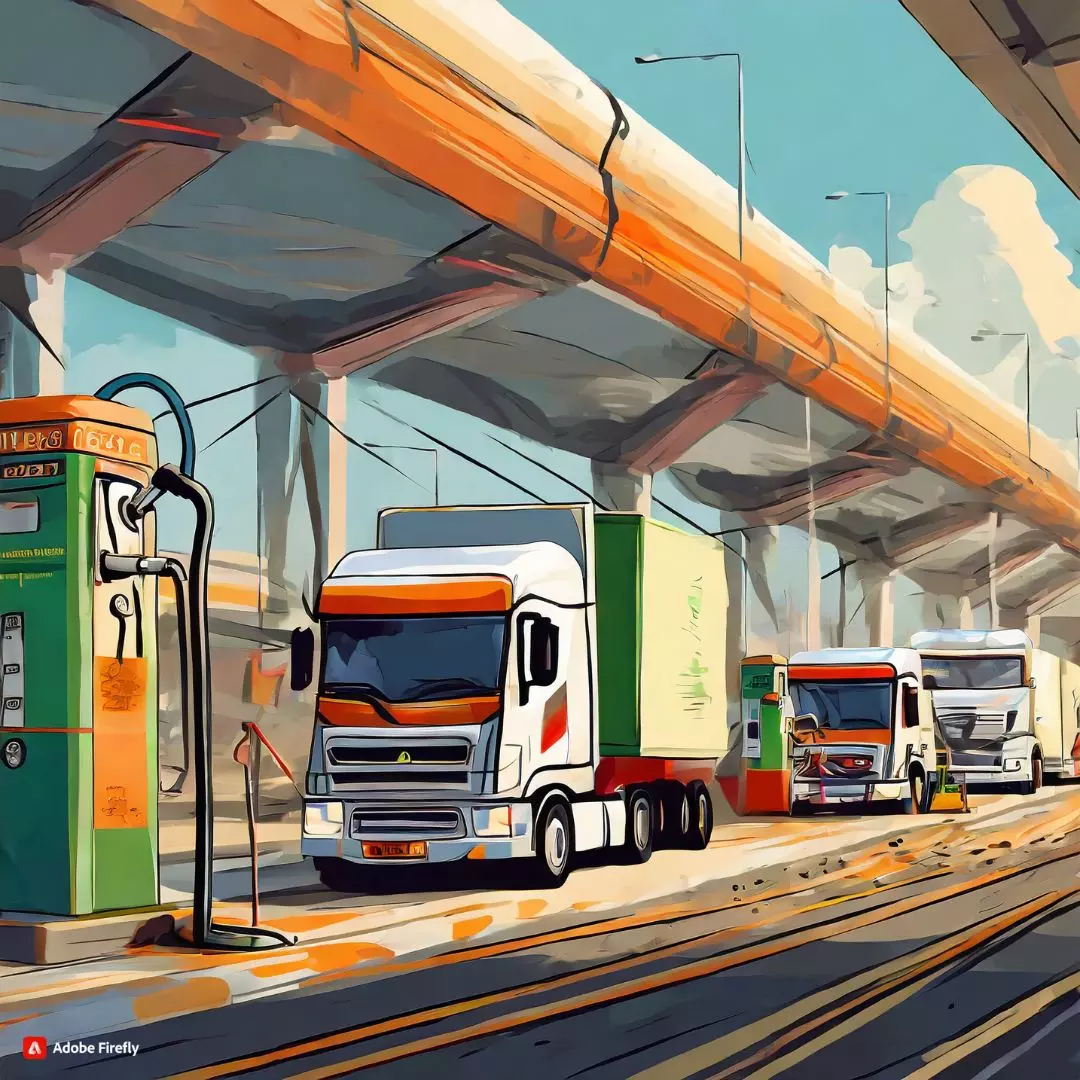In a significant turn of events, approximately 2,000 petrol pumps, primarily located in western and northern India, are grappling with fuel shortages as a truckers’ strike extends into its second day. The protest is rooted in discontentment towards the recently enacted Bharatiya Nyay Sanhita (BNS), a stringent hit-and-run law. Despite efforts by state-owned oil firms to preemptively refill fuel reserves, heavy rush and panic buying have led to stock depletion in states such as Rajasthan, Madhya Pradesh, Maharashtra, and Punjab.
Long queues have become a common sight at petrol pumps in the affected regions, with concerns escalating as stocks dwindle. The strike, initiated by some truck, bus, and tanker operators, opposes the harsh penalties imposed by the BNS for hit-and-run cases. This three-day strike, which began on Monday, has already caused disruptions in the movement of trucks, impacting the supply chain in certain western and northern states, reported Business Today.
While southern India remains relatively unaffected with no major disruptions reported, fears loom over potential extended strikes or a nationwide movement. Industry officials have cautioned that essential supplies, including vegetables, fruits, and milk, may face shortages if the protest persists beyond the stipulated three days.
The All India Motor Transport Association, representing truck operators, is yet to issue a nationwide strike call. However, its representatives plan to meet with home ministry officials to voice concerns about the implications of the BNS on their industry. Most petrol pumps currently possess stocks to last 2-3 days, but there is growing apprehension about the situation worsening if the strike continues or expands nationally.
Fine & Imprisonment For Accidents
Approximately 1 lakh trucks are responsible for transporting petrol, diesel, and LPG from oil company depots to fuel stations and gas distribution agencies. The strike has already impacted truck movements and, to a lesser extent, LPG deliveries. If the strike persists, there are concerns that LPG supplies may also be affected.
In response to the escalating situation, the Maharashtra government has requested police intervention to ensure an uninterrupted supply of petrol and diesel. Commuters in Madhya Pradesh are experiencing travel inconveniences due to the disruption in transportation caused by the ongoing protest.
Protests have materialized on the ground, with blockades reported in various states, including Gujarat, Rajasthan, Maharashtra, and Madhya Pradesh. The new law, replacing the colonial-era Indian Penal Code, imposes severe penalties, including imprisonment up to 10 years and a fine of ₹ 7 lakh, for serious road accidents where drivers flee the scene without reporting to authorities.
As the strike continues to unfold, concerns grow regarding the widespread impact on fuel supplies and essential goods. The standoff between truck operators and the government over the stringent hit-and-run law has led to spontaneous demonstrations, affecting the timely delivery of goods and creating uncertainty about the duration of the protest. The situation remains fluid, and stakeholders closely monitor developments to assess the potential consequences of an extended strike on the nation’s fuel and supply chains.
Also Read: Japan Earthquake Toll Hits 62; Thousands Seek Shelter Amid Ongoing Aftershocks











